
Just as we thought the Covid-19 pandemic was over, the novel respiratory virus, which has infected and killed millions, decided to pull another fast one on us.
Two years on, the coronavirus – better known by the Greek-alphabet soup of variants, seems to be displaying no signs of fading away or allowing us to return to what was once known as normal.
Following its pattern of striking when we put our guard down, the virus has recently produced another duo of Omicron variants – the BA.4 and BA.5.
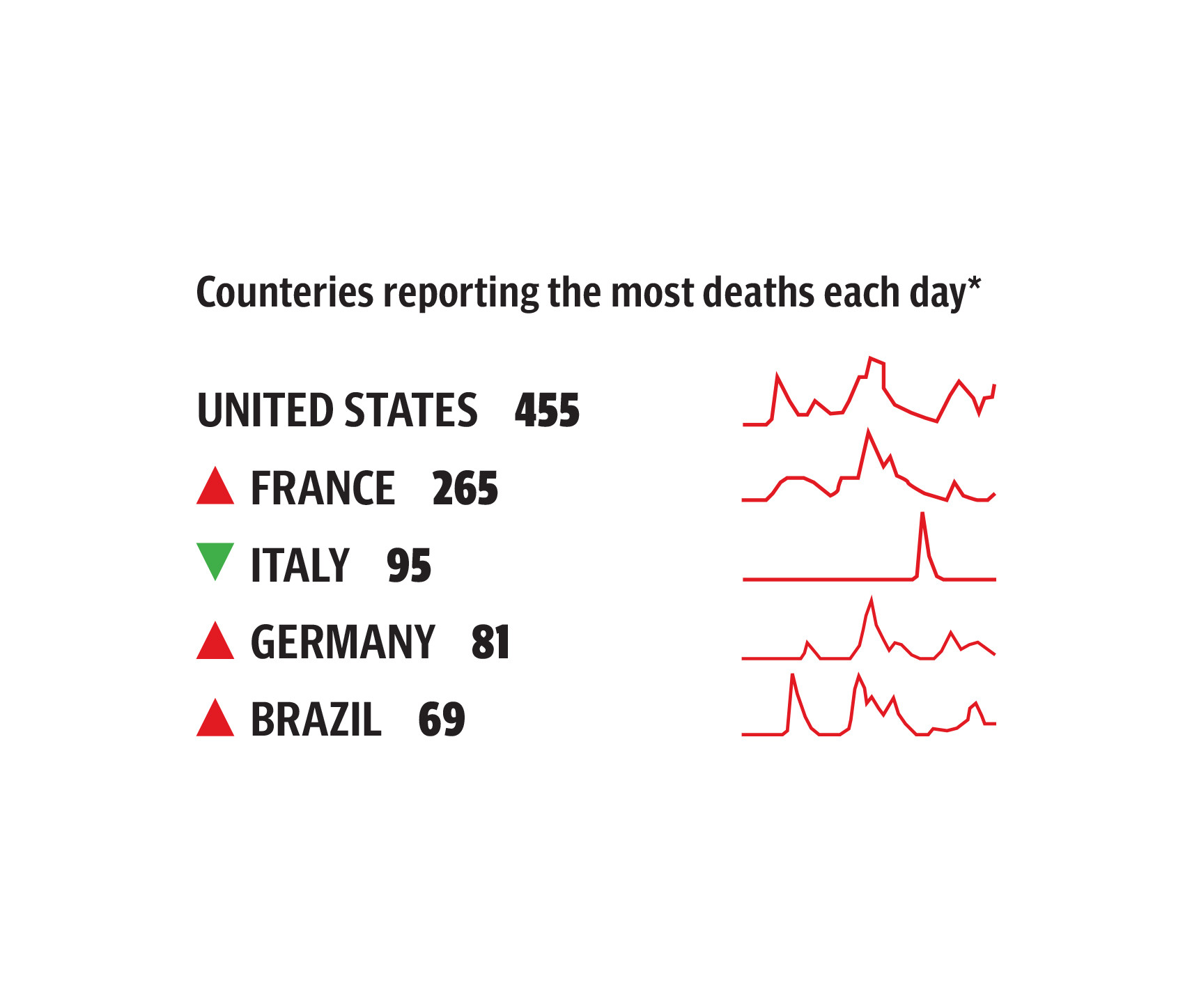
Gaining ground in Europe, US, India, and other countries, including Pakistan, these offshoots of the already contagious virus have once again, alarmed medical practitioners.
To learn more about the virus and its new variants, The Express Tribune interviewed Dr. Faheem Younus (FY), the chief of infectious diseases at the University of Maryland Upper Chesapeake Health.
Here is what the award-winning health expert had to share:
Q - What have we learned about the Covid-19 virus so far?
FY - We have learned enough about the properties of this virus to tame it down like many other viruses. We know that it spreads -- primarily by respiratory route, it mutates, immunity after Covid, lasts a few months (not years), and that our treatments and vaccines are highly effective at preventing hospitalizations and deaths. The virus was a ferocious lion in 2020, which is now downgraded to a dog. Hence, it is not as lethal as it was.
Q - What concerns do you have about the new sub-variants -- BA.4 and BA.5?
FY- Variants are an area of uncertainty. We know that neutralizing antibody titers are lower in individuals, who get exposed to BA.4 and BA.5 variants. To me, the increasing immune evasion appears to be one of the greatest threats these variants pose.
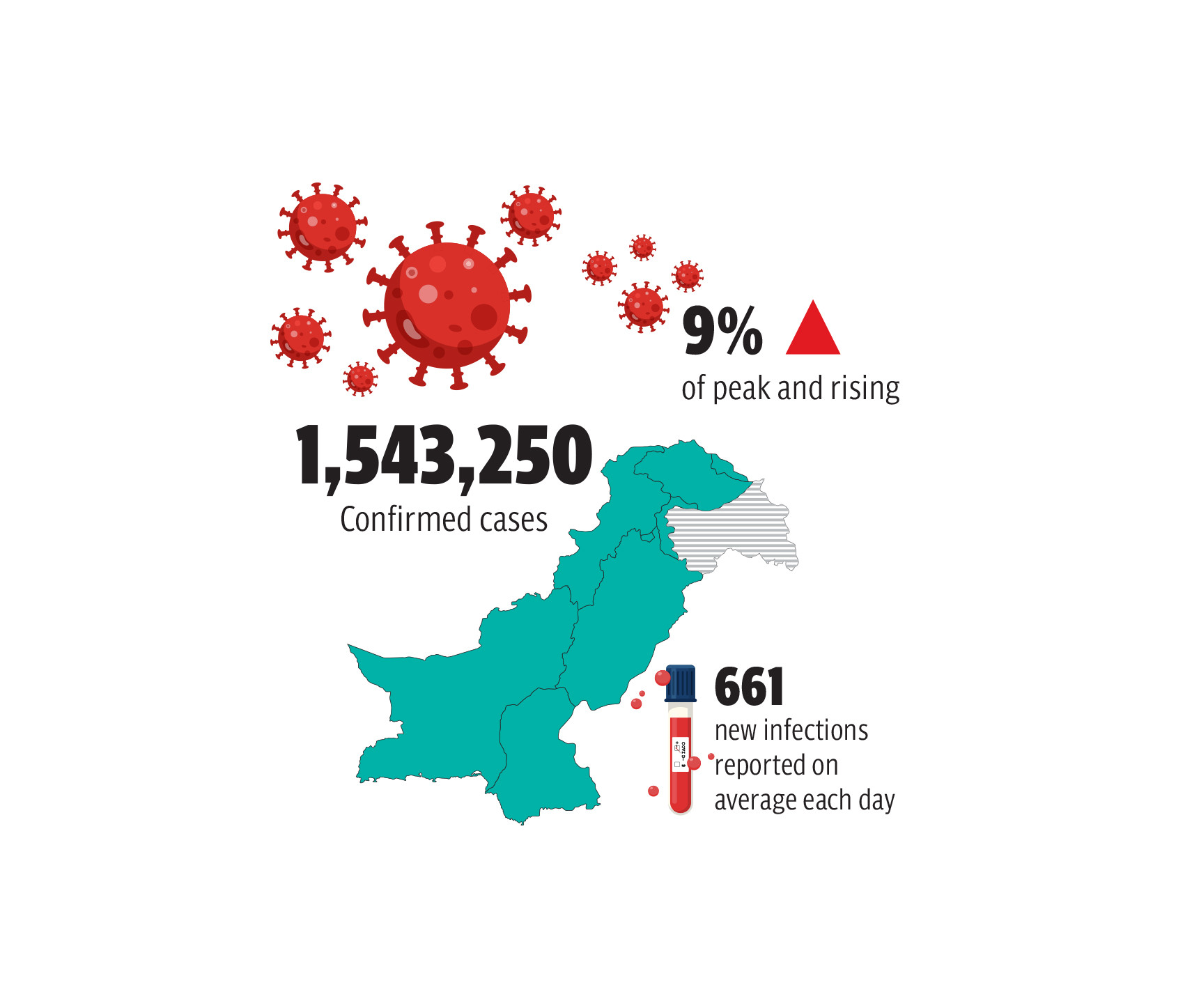
Q - Will abandoning Covid safety protocols result in more frequent and deadly waves?
FY- I believe the best strategy to prevent future waves is to maximize vaccinations (including boosters) and not focus so much on restrictions and lockdowns. Future spikes in cases are likely, but the severity of those waves will depend on the vaccination, immune status of the host, and the virulence of the variant.
Q - How dangerous can the upcoming wave be for the world -- particularly Pakistan?
FY- Pakistan is now at 57% fully vaccinated, which amounts to almost 126 million people. That’s commendable. During the first four waves, we saw that each time Covid cases rose, the deaths also followed. But during the fifth wave of Omicron in January 2022, something peculiar happened: the cases spiked, but the number of Covid-related deaths did not spike proportionately. This “decoupling” is largely due to increasing vaccinations, and a portion of the population that’s Covid recovered. This trend is likely to continue in the future, but we should not become complacent. The risk is different for different individuals. We need to keep pushing to get the full vaccination rate close to 80%. Elderly, pregnant, and immunocompromised people should wear masks in crowded places, and weddings etc., even if they are vaccinated.
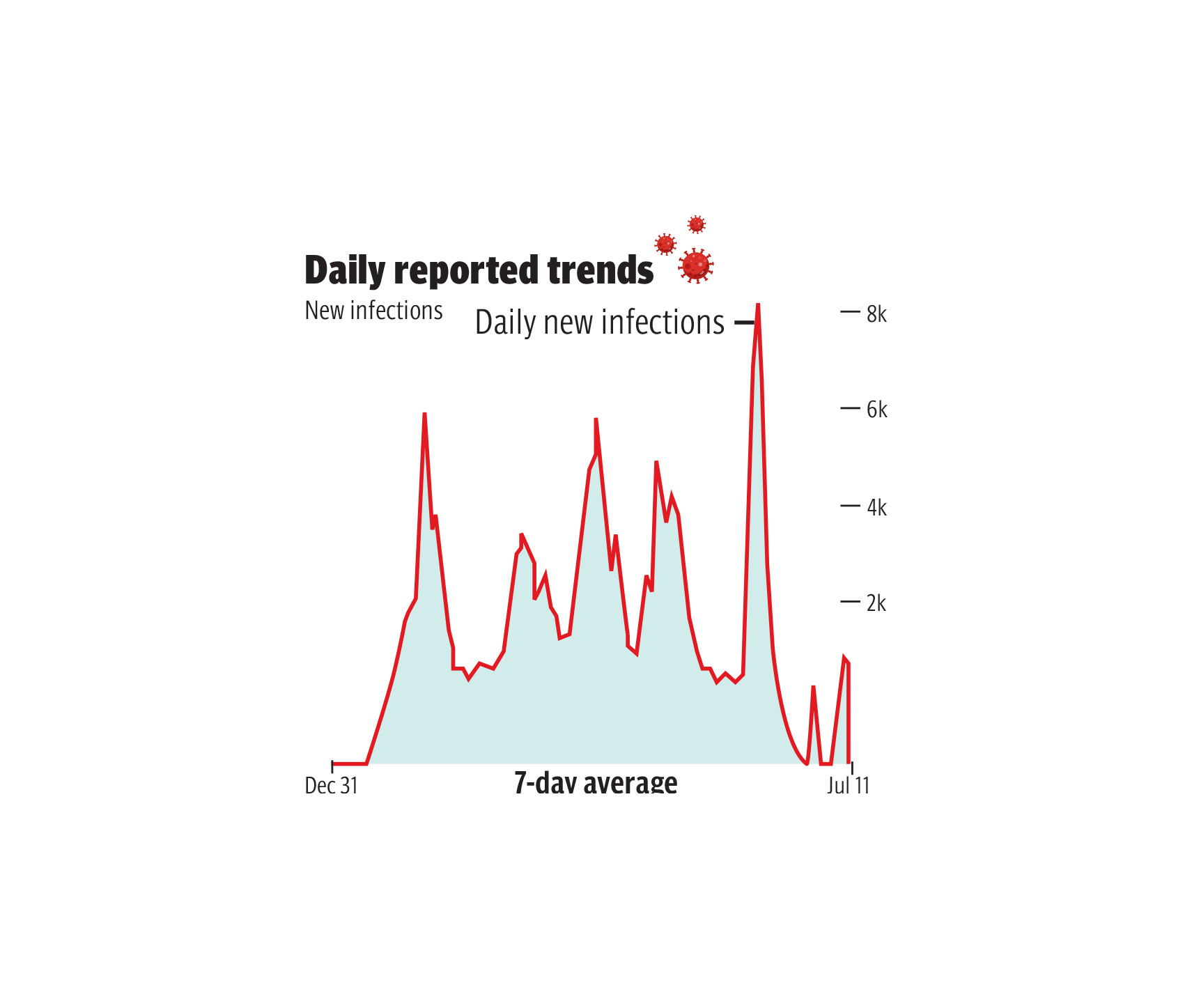
Q - How important is the timing of the booster shot before a new variant?
FY - It’s an evolving area. Assuming that you’re fully vaccinated but have not received your booster, this is how you might maximize the benefit by timing the booster shot:
1. If you’re over 50, received your second shot over six months ago and never had Covid, you should get your third or booster shot now.
2. If you’re over 50, received your second shot over six months ago, but recently tested positive for Covid, you might want to wait till November and get a booster before the likely winter wave.
3. If you’re under 50, received your second shot over six months ago and have no chronic illnesses, you too could wait till November, so your antibody levels are at peak before the next wave.
None of these are perfect strategies. So, it’s best to consult your doctor, who can guide you based on your risks.
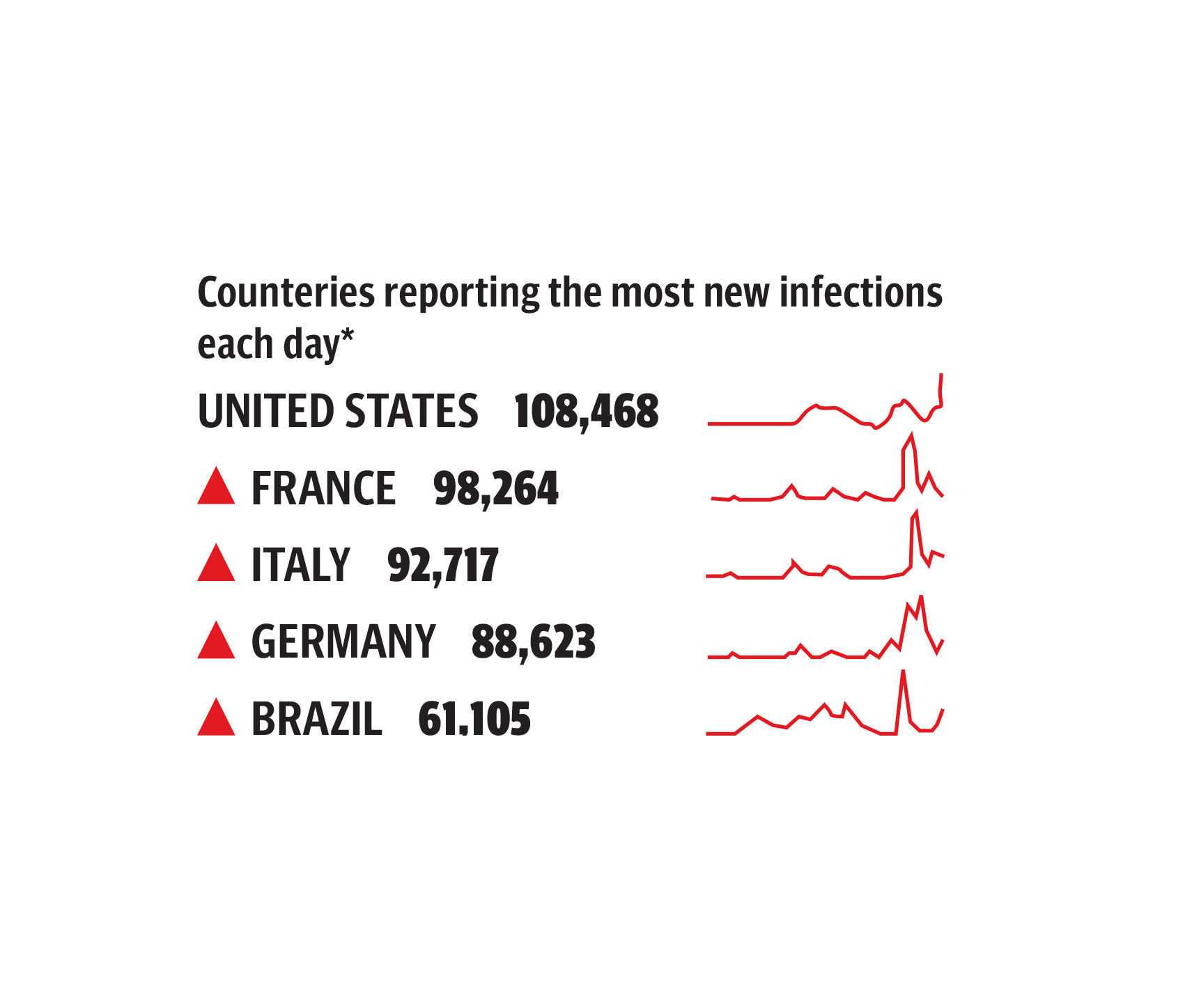
Q - What are your thoughts on the concept of social and physical distancing? Do the pathogens stop at the six feet mark?
FY - Six feet is an arbitrary number. It doesn’t mean that we are safe at seven feet and in danger at five. There are many other variants at play. How much virus is in the environment, is the host vaccinated, were people wearing masks, was there an air current in a certain direction, were people immunocompromised etc. All these factors are at play when we think of transmissions.
Q - What is the most effective protection against newer offshoots of the virus?
FY - Wear a mask to prevent infection. Get the booster to fight the infection.
Q - How protected are we against the new sub-variants after the booster?
FY - The purpose of these vaccines and boosters is to prevent severe disease and death. That purpose is already achieved. Death and hospitalizations have gone down by 90%. The idea of long Covid requires lots of work. We need more research to establish a unified definition of long Covid and develop objective diagnostic criteria. We don’t understand this entity well at this point in time.
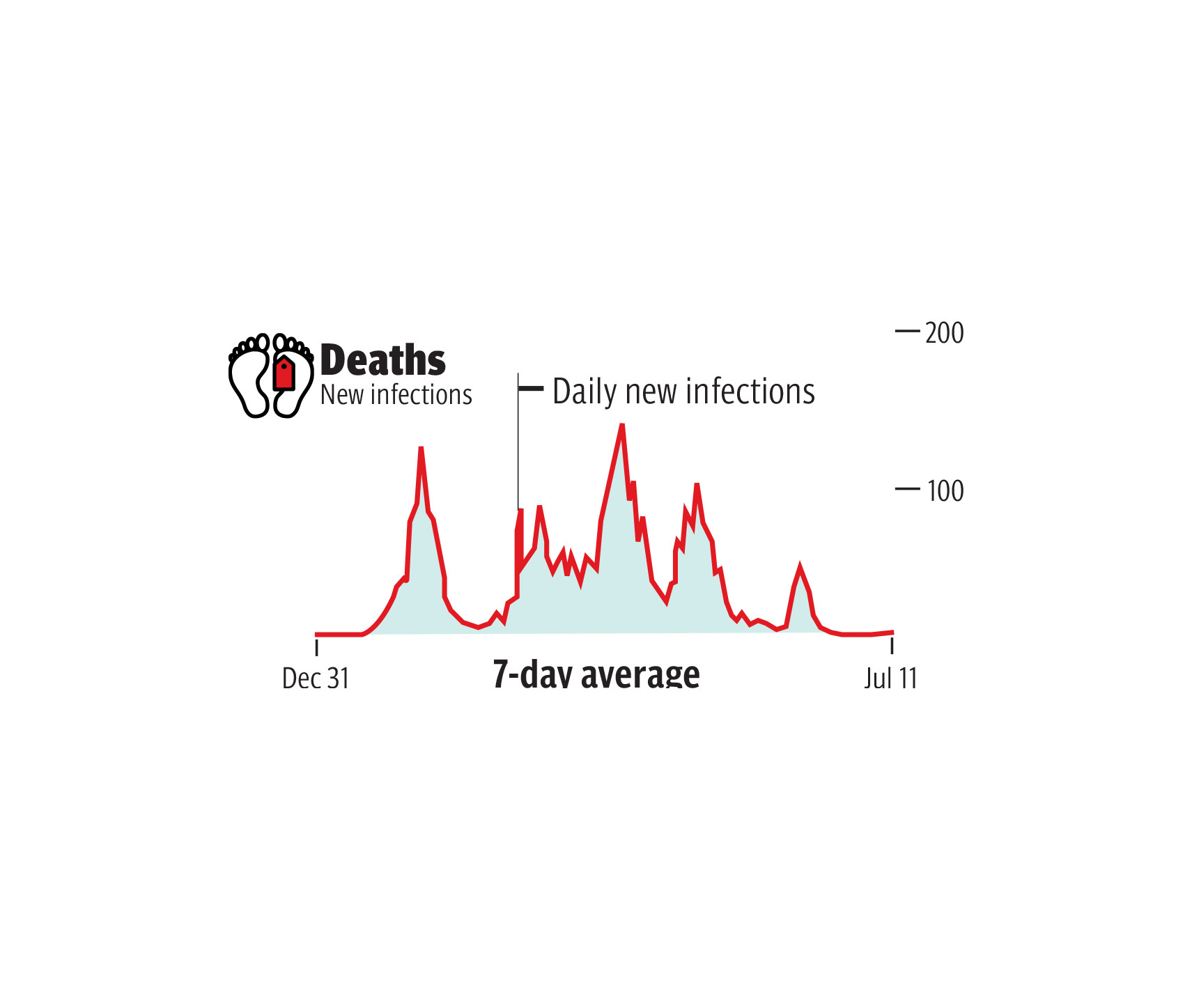
Q - What are your thoughts about herd immunity?
FY - Herd immunity, in the classical sense, where a disease stops spreading altogether, and the outbreak ends, is not attainable with Covid. Herd immunity assumes that the virus doesn’t change much (like polio) and infection will offer long-term immunity (like smallpox). Neither is the case with Covid. This virus is here to stay. We need to embrace protective masks, hand hygiene, preventive vaccines, and boosters strategies for the coming years. It is a balancing act. Don’t let Covid paralyze you, and don’t ignore it completely.
Q – The messaging about the pandemic seems to be slipping away from the radar. Does it need an urgent review?
FY - Absolutely. Governments and people need to stop thinking in terms of a light switch, on/off paradigm; Covid works like a dimmer. It is likely that we will now start seeing seasonality with this virus. Winter surges may become common. It is important to live as normal a life as possible, but if people let their guard fully down, there will be consequences.
Q - Is the worst behind us?
FY - Yes, regardless of a future variant, we now have Personal Protective Equipment, rapid tests, therapeutics, and vaccines. Medically, the worst part of the pandemic is likely over, but its social, economic, and long-term impact will linger for a very long time.
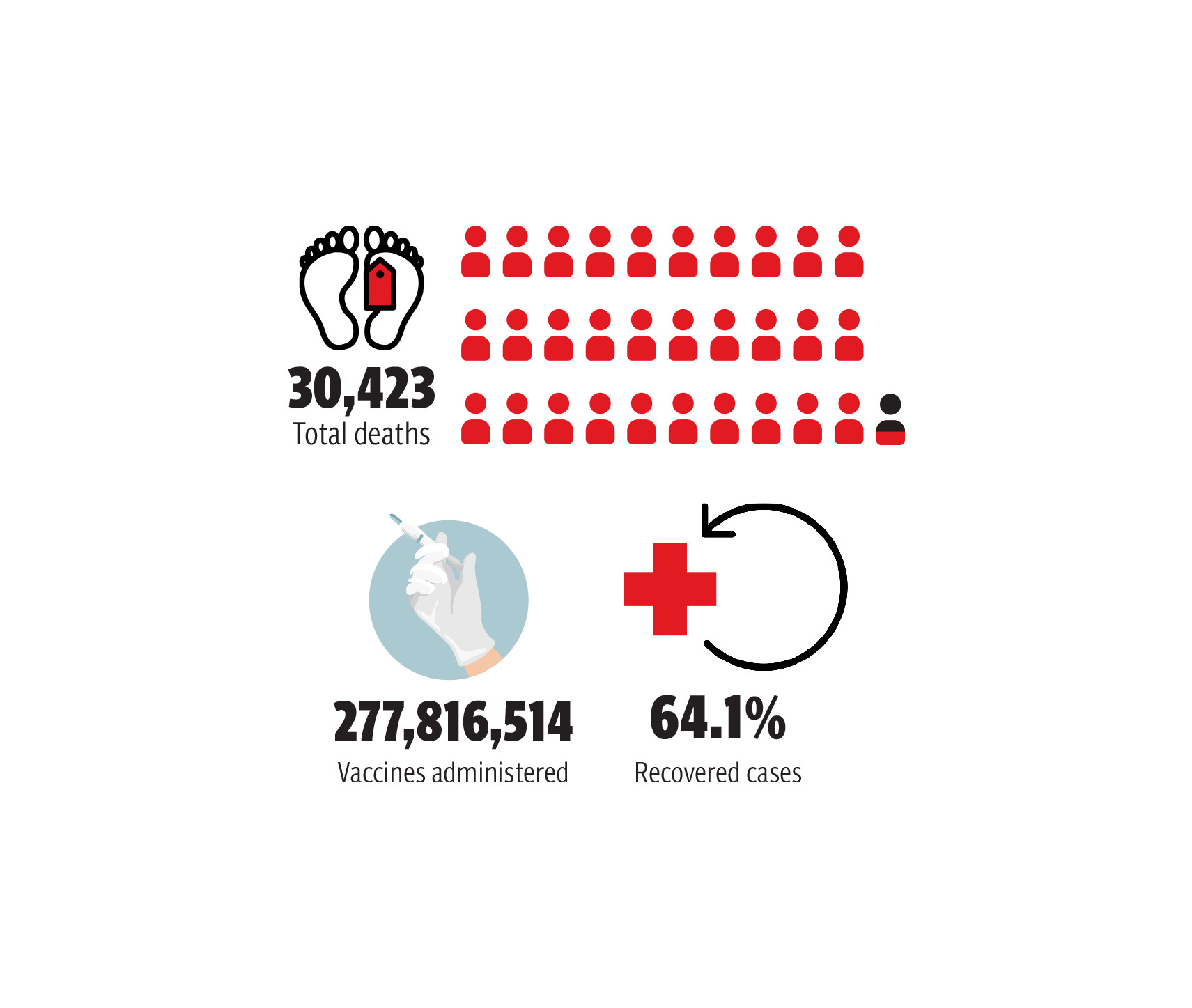





1734696044-0/ceo-(1)1734696044-0-165x106.webp)

1734706682-0/featured-image-2-(3)1734706682-0-270x192.webp)




1734511806-0/Untitled-design-(5)1734511806-0-270x192.webp)
1734587529-0/Express-Tribune-(1)1734587529-0-270x192.webp)
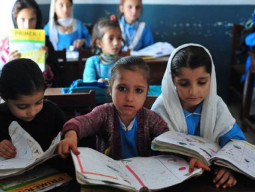
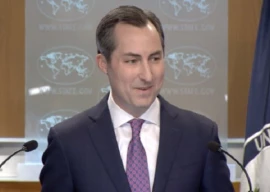
1734468458-0/Copy-of-Untitled-(50)1734468458-0-270x192.webp)







COMMENTS
Comments are moderated and generally will be posted if they are on-topic and not abusive.
For more information, please see our Comments FAQ